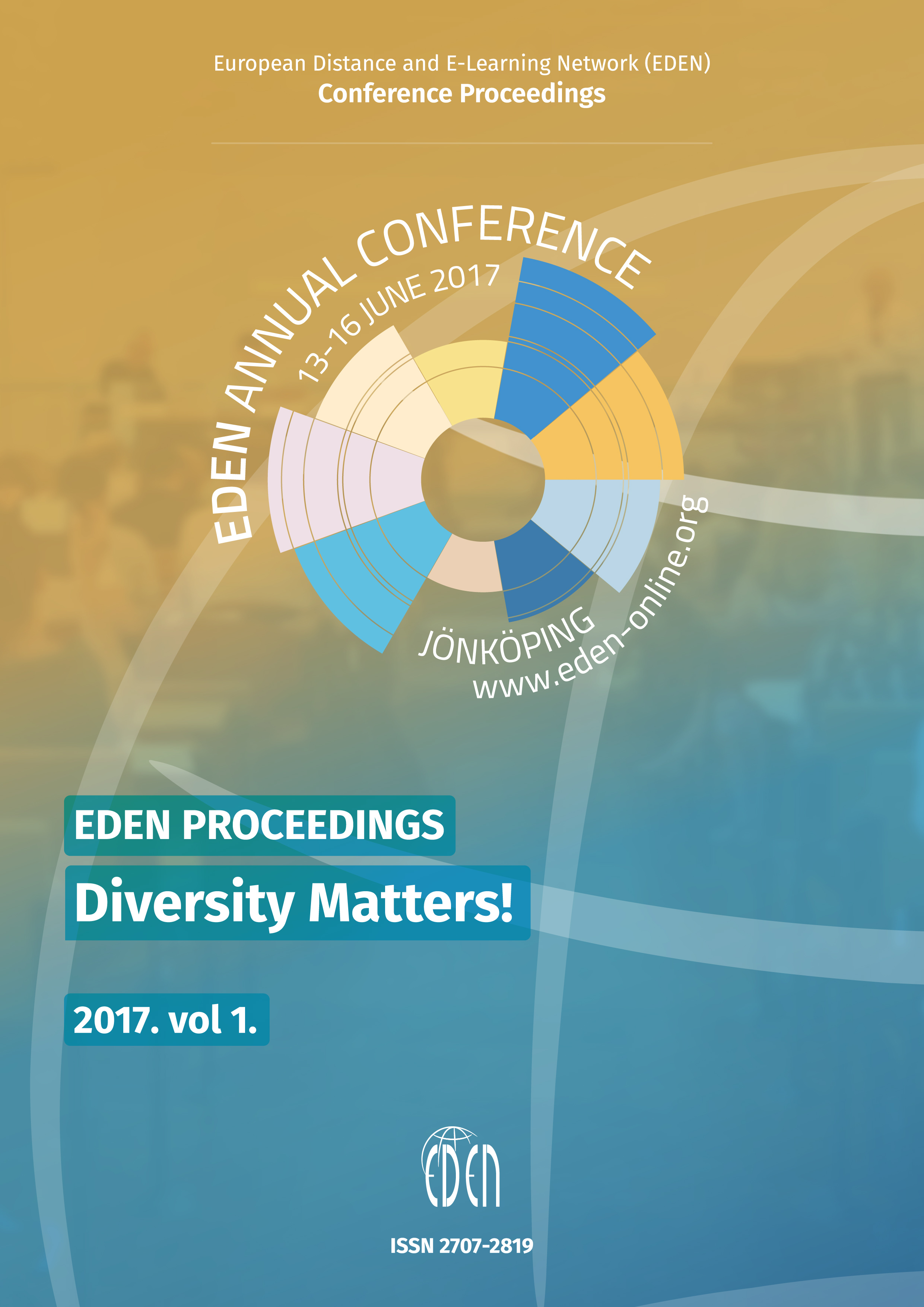Teacher Roles in a Blended Learning Materials Engineering Master Program: “It’s not a New Role, it’s a New Way!"
Teacher Roles in a Blended Learning Materials Engineering Master Program: “It’s not a New Role, it’s a New Way!"
Author(s): Christina Keller, Sofie Wass, Madelene Zetterlind, Ehsan GhassemaliSubject(s): Social Sciences, Education, Higher Education
Published by: European Distance and E-Learning Network
Keywords: Distance and e-learning methodology; E-skills; e-competences; Institutional innovation and development; case study; New ICT and media applications in learning; Online learning environments
Summary/Abstract: Engineering education is characterized by laboratories, mathematical foundations and design tools. These pillars of engineering education do not seem to be ideal for online education as the field lags behind other fields in adopting online education. Laboratories are for instance hard to implement online due to the need of direct operation of instruments. Likewise, course materials requiring use of mathematics have traditionally not been as easy to implement as topics that require only text-based instructions (Bourne et al., 2005). Real laboratory sessions have also shown to be more motivated for engineering students than virtual simulations (Stefanovic, 2013). In spite of this, there is increasing evidence of use of blended and online learning in engineering education. For example, online self-study environment to supplement the classroom instruction in engineering courses in graphical communication (Sun et al., 2014), virtual laboratories and simulation environments (Balamuraithara & Woods, 2007; Bourne et al., 2005) and online platforms for developing learning networks for global engineering (Meikleham et al. 2015).The School of Engineering at Jönköping University, the Swedish foundry association, the research institute Swerea/SWECAST and twelve foundry industries cooperate to develop a blended learning one-year master program in product development in materials and manufacturing. As previously performed courses have been given on campus, teachers needed to take on new roles as blended learning teachers. In this paper, we present the initial results from a study that aims to investigate the perceived roles of university teachers in a blended learning materials engineering master program.
Journal: European Distance and E-Learning Network (EDEN) Conference Proceedings
- Issue Year: 2017
- Issue No: 1
- Page Range: 82-88
- Page Count: 7
- Language: English

